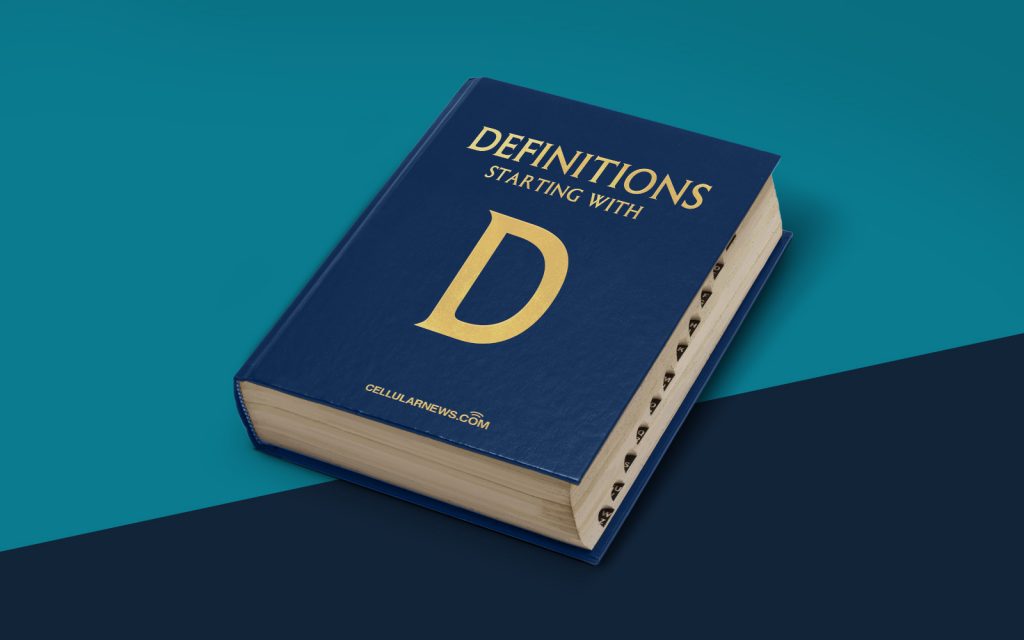
What is a Destructor?
When it comes to programming languages, developers often come across jargon and technical terms that can be perplexing to understand. One such term is “destructor.” In this blog post, we’ll dive into the world of programming and explore the meaning and significance of destructors.
A destructor, in the context of object-oriented programming, is a special member function that is automatically called when an object reaches the end of its lifespan or is explicitly deleted. Its primary purpose is to clean up any resources allocated by the object during its lifetime, such as freeing up memory or closing open files.
Key Takeaways:
- A destructor is a special member function in object-oriented programming that is called when an object’s lifespan ends or is explicitly deleted.
- Its purpose is to free up any resources allocated by the object, such as memory or open files.
At first glance, the concept of a destructor may seem similar to a constructor, which is another special member function that is called when an object is created. While constructors are responsible for initializing the object’s state, destructors handle the object’s cleanup.
In most programming languages, including C++ and Java, destructors have the same name as the class they belong to, preceded by a tilde (~). For example, in C++, a destructor for a class named “MyClass” would be declared as ~MyClass().
It’s important to note that when an object’s lifespan reaches its end, the destructor is automatically called by the language runtime. Developers typically don’t need to explicitly invoke the destructor themselves, as it is handled behind the scenes.
However, there may be cases where an object needs to be explicitly deleted before its lifespan ends, such as when managing limited resources or when dealing with dynamic memory allocation. In such scenarios, calling the destructor manually ensures that the object’s cleanup process is executed.
In summary, a destructor is a crucial component of object-oriented programming that takes care of cleaning up resources allocated by an object during its lifetime. By automatically freeing up memory and closing open files, destructors contribute to efficient memory management and prevent resource leaks.
Understanding the role and significance of destructors is essential for any programmer delving into the world of object-oriented programming. By utilizing these special member functions effectively, developers can create more robust and efficient code.
